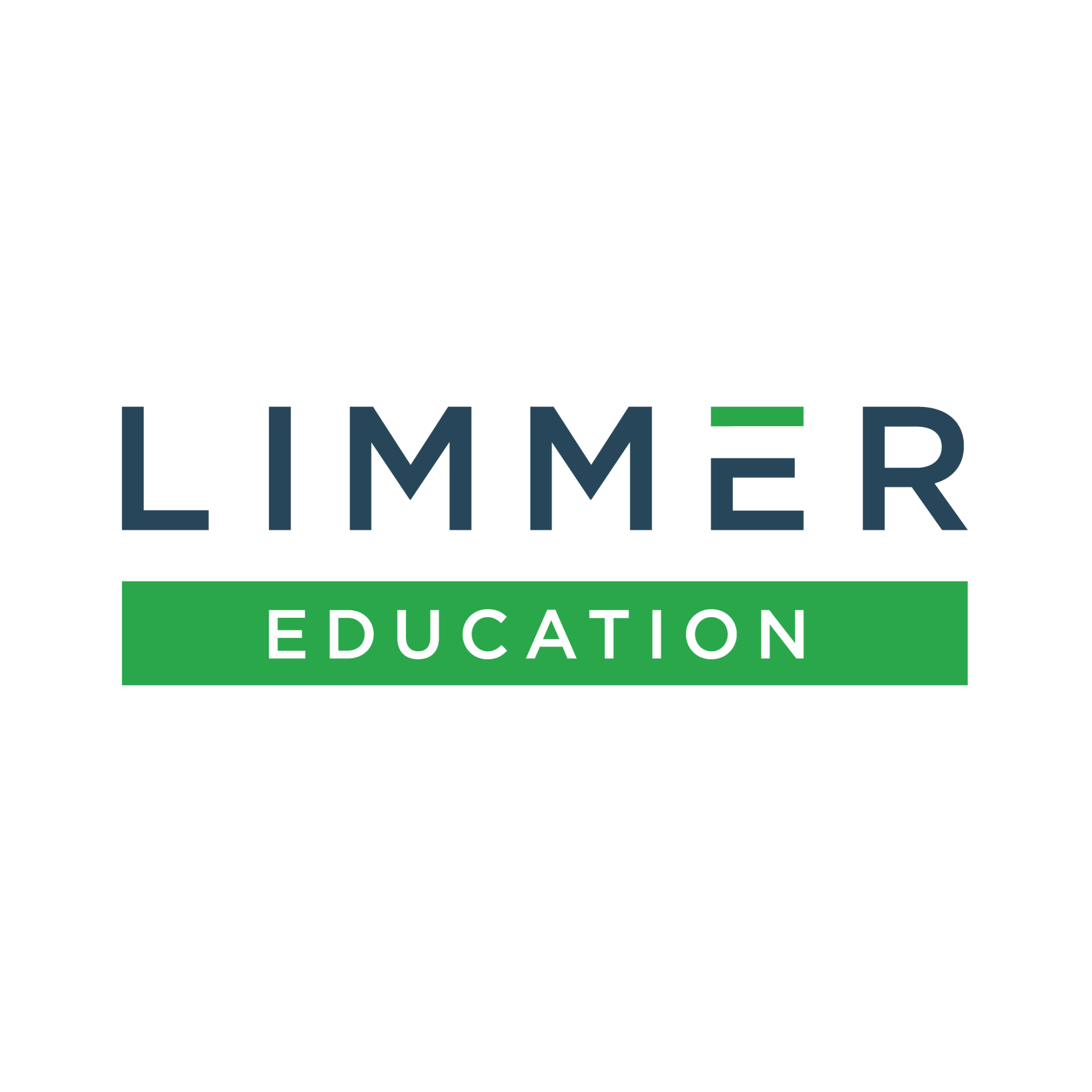
Limmer Education

by Lisa Montoya
Our articles are read by an automated voice. We offer the option to listen to our articles as soon as they are published to enhance accessibility. Issues? Please let us know using the contact form.
Our students have graduated high school and are well prepared to handle the post-secondary load of 12 credit hours, right? How many times have you heard that they never had to read the textbook in high school, yet they still received an “A”?
Like other EMS educators, I have struggled with ways to help my students learn, study, and succeed. I was guilty of telling my students they must read the textbook; in fact, I would tell them to read it more than once (I can admit when I have given misguided advice). It wasn’t until I realized that textbooks aren’t novels; they are a resource and a reference; they don’t have to be read from cover to cover. Students should focus on the topics they are struggling the most to comprehend.
It may sound crazy, but do they even know how to read a textbook? It isn’t simply your eyes moving across the page:
It’s taking the time to research a word or idea when you don’t understand the context in which it’s written.
It’s taking the time to write notes on what seems important.
It’s making flashcards to learn definitions or to ask yourself questions.
It’s making sketches of the pathway of the blood through the body and the heart.
It’s making tables to compare and contrast signs and symptoms.
I make sure that the students understand that these study tips require time and effort; it will take them a lot more time to use these strategies. Still, once the time and effort are given, the retention will be better and not require as much to review when the subject comes up again or when it’s time to apply what they have learned.
I’ve tried many methods and strategies to help students. Who hasn’t? What about creating a lecture or an online module to teach your students how to study for your course? Whether it is didactics or lab, give them the resources they need to set themselves up for success in your program.
All students do not study the same way. You want to offer many examples of ways to read the textbook. You want them to know how to study as well as why they are using specific study strategies. It may take the load off of them early on if they know how to study and not waste hours reading and re-reading the textbook without retention.
I created a module for Study Strategies in my Learning Management System (LMS) with multiple videos from YouTube and other video sources and written resources I felt would be helpful for learning the amount of material we cover in our courses. Here are a few of the videos and resources I use in my module:
This video addresses how to read a textbook (it’s not specific to health science, but the concepts are applicable no matter what subject they are studying). https://youtu.be/tgVjmFSx7rg
This video explains how to actively read, explaining what they should be doing before and during reading. https://youtu.be/JL0pqJeE4_w
This isn’t a YouTube video but it’s by the same individual that did the first 2 videos listed; there is a little overlap between all 3. It addresses how to take notes during a lecture. Even if the course is online, these strategies are helpful with any real-time meetings or recorded lectures you have provided. https://collegeinfogeek.com/how-to-take-notes-in-college/
The following site shares general note-taking strategies. They learn how to take notes and organize them concisely, so it’s easier when it comes time for reviewing for an exam or the National Registry (after all, who has time to go back and re-read the whole textbook?). https://medium.goodnotes.com/the-best-note-taking-methods-for-college-students-451f412e264e
These two resources are a written guide for the who, what, where, and how to study. https://learningcenter.unc.edu/tips-and-tools/studying-101-study-smarter-not-harder/https://www.goingmerry.com/blog/study-tips-for-college/#5--3-take-good-notes-
Students may not take the time to look up study tips on their own. Having these resources easily accessible gives them the tools they need to succeed. They may be more willing to look at these resources when they are struggling; often, they are too embarrassed to come to us for help. Providing the tips early on will give them what they need before they start struggling.
Lastly, I created a video where I showed how I would take notes on one of the topics in the respiratory chapter (it’s one of my favorites, I think they have figured that out by now). I used the examples from the videos mentioned above and showed how it would look if I applied the note-taking tips and used them along with my textbook readings. Your students will appreciate seeing you put these strategies into motion and how they can apply it to their studies. You are modeling for them something they may have never thought of or seen before.
I created this module two semesters ago. I surveyed the students before and after watching and reading the videos/websites. Beforehand, I wanted to know their study strategies and how long it took them to study on average per chapter. After they looked at the resources, I asked them if they would add any new strategies? Most of them listed at least one new method. Some listed many that they felt would work best for them. After using the strategies for a few weeks, I asked them how long they studied now compared to before. For some, their study time went up a few hours, but they felt the time was better spent studying now that they had the tools to do it successfully. Some students mentioned that they spent less time on some of the chapters because they realized they knew some of the topics and simply reviewed their previous notes instead of re-reading some of the same material.
We teach them more than EMS; we teach respect, punctuality, responsibility, accountability…. Why not teach them something they can use not only in our course, but in all their future educational endeavors? It wouldn’t hurt to give them these tools right from the start.
American Psychological Association. (2020, May 27). Teaching study skills (not just study tips) in introductory psychology. http://www.apa.org/ed/precollege/psychology-teacher-network/introductory-psychology/study-skills
Frank, Thomas. “How to Read Your Textbooks More Efficiently - College Info ...” YouTube. Accessed September 30, 2021. https://www.youtube.com/watch?v=tgVjmFSx7rg.
Frank, Thomas. “5 Active Reading Strategies for Textbook Assignments ...” YouTube. Accessed September 30, 2021. https://www.youtube.com/watch?v=JL0pqJeE4_w.
Lundin, Elizabeth. “How to Take Better Notes: The 6 Best Note-Taking Systems.” College Info Geek, July 2, 2021. https://collegeinfogeek.com/how-to-take-notes-in-college/.
GoodNotes. “The Best Note-Taking Methods.” Medium. GoodNotes Blog, August 25, 2020. https://medium.goodnotes.com/the-best-note-taking-methods-for-college-students-451f412e264e.
“Studying 101: Study Smarter Not Harder.” Learning Center, July 24, 2020. https://learningcenter.unc.edu/tips-and-tools/studying-101-study-smarter-not-harder/.

Limmer Education

Dan Limmer, BS, NRP

Dan Limmer, BS, NRP